In honor of National Financial Awarenss Day last Saturday, Aug. 14, we asked our OMES Finance team to share their best advice for managing personal and state money to achieve financial goals. Below are 10 personal finance tips everyone everyone should know. Next, we'll explore advice specifically for employees responsible for state funds.
1. Manage the money you currently have.
If you cannot manage the amount of money you have now, you cannot manage having more of it! Although saving money is important, managing your money is crucial. If you can't manage it, you won't be able to save it.
2. Make your budget personal.
Regardless of how much or how little money is on your paycheck, make a budget so you will have a visible record of what funds are coming in, and where those funds are going.
Make it personal. My budget is not your budget. Track every penny. If you spend 50 cents in the vending machine at work, especially on a regular basis, then those 50-cent spends need to be on your budget.
3. Hold yourself accountable.
Only spend what you have budgeted for. If you need to spend more, then your budget needs to be updated and those funds must come from another area of your budget.
4. Your budget should account for your savings.
You won’t save regularly if you don’t plan to save regularly. Automatic withdrawals help ensure a percentage of your income goes straight into savings with each paycheck.
5. Start and maintain an emergency fund.
Otherwise, when emergencies pop up, you’ll drain other areas of your budget trying to accommodate life events that happen.
6. Separate your emergency fund and savings fund.
… At least as reflected on your budget. If you want to keep those funds in the same savings account to maintain a higher balance and earn more interest on that higher balance, that is up to you. However, it’s important know the difference between those mixed funds and treat them accordingly.
7. Review your budget often.
At least at first, review your budget every time you pay bills. This will help keep you mindful of where your funds are going and how one area of the budget is, or could be, affected by the other areas.
8. Have a financial goal.
Whether you are saving for something specific or just trying to get out of debt, make a financial goal. Let this goal be your focus when you spend money.
If you are a spontaneous spender, literally ask yourself before making a purchase, “Is this necessary?” Will this expense get me closer to my goal?”
Sometimes it is discouraging to let go of money to pay bills, but letting it go knowing you are closer to reaching that goal makes it a little easier and a little less stressful.
While you may feel like you are just about broke again, it can be a positive thing to realize you are one step closer to your goal!
9. Update your budget as needed.
Key word: “needed.” Do not move funds around to accommodate your wants, but do adjust if your needs change or if your income or routine expenses change. If you begin to make more money, apply it to your existing budget in a manner that helps you meet your financial goal. If you pay off a debt, move those funds to another area of the budget that helps you meet your financial goal.
10. Adjust your mindset.
Develop a mindset to differentiate between available funds and non-available funds. If you have $13 in your checking account (available funds) and $10,000 in your savings account (non-available funds), consider yourself broke!
Savings accounts are not for everyday budgeted spending. If you run out of available funds in your checking account or cash stash, act like you’re broke because your savings account is for something specific. If you make a habit of dipping into it, you will soon deplete it.
Special thanks to Procurement Specialist Nick Long from our OMES Finance team for these tips!


